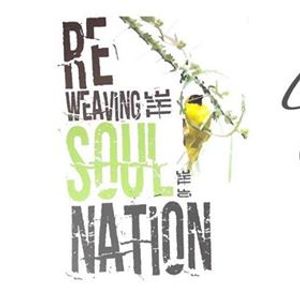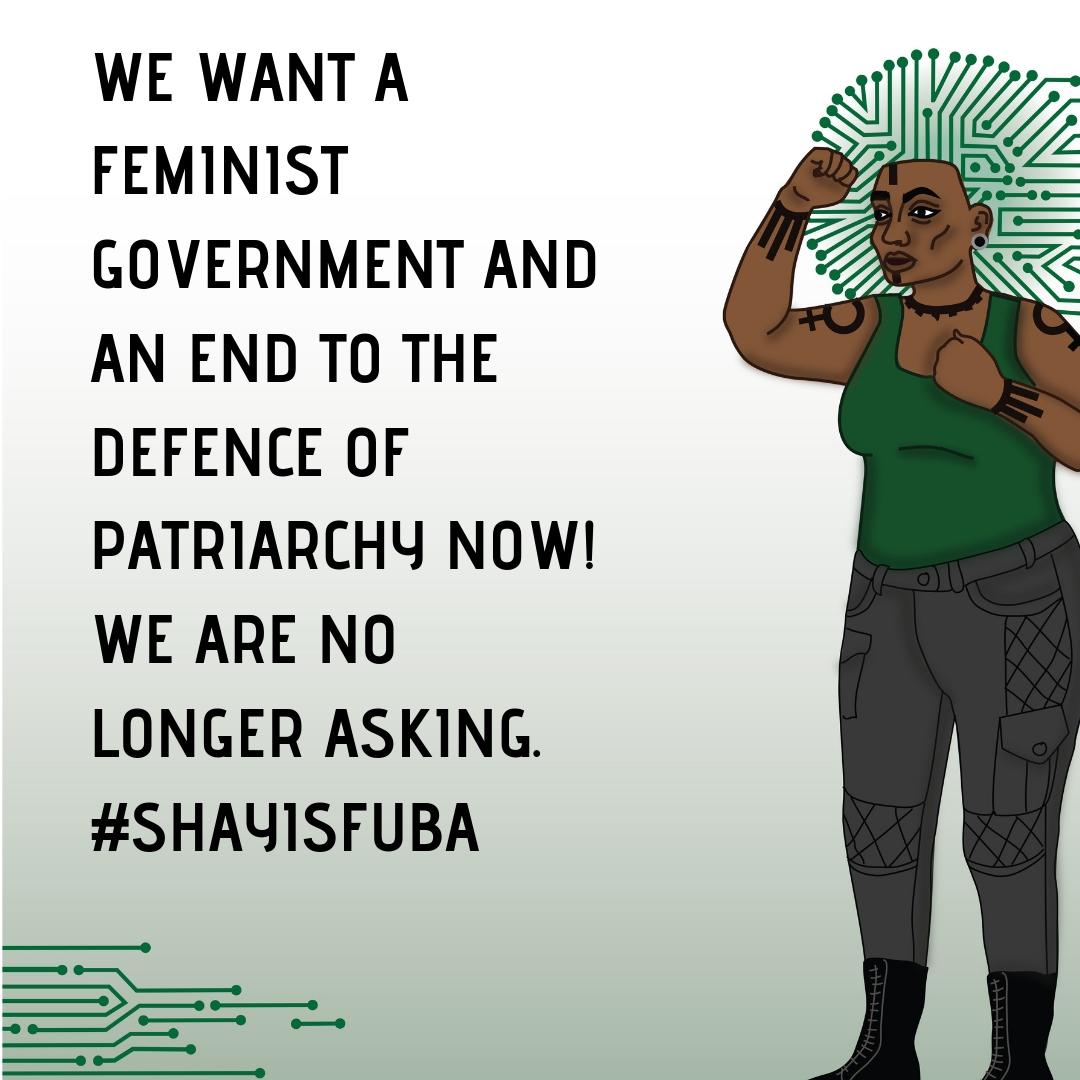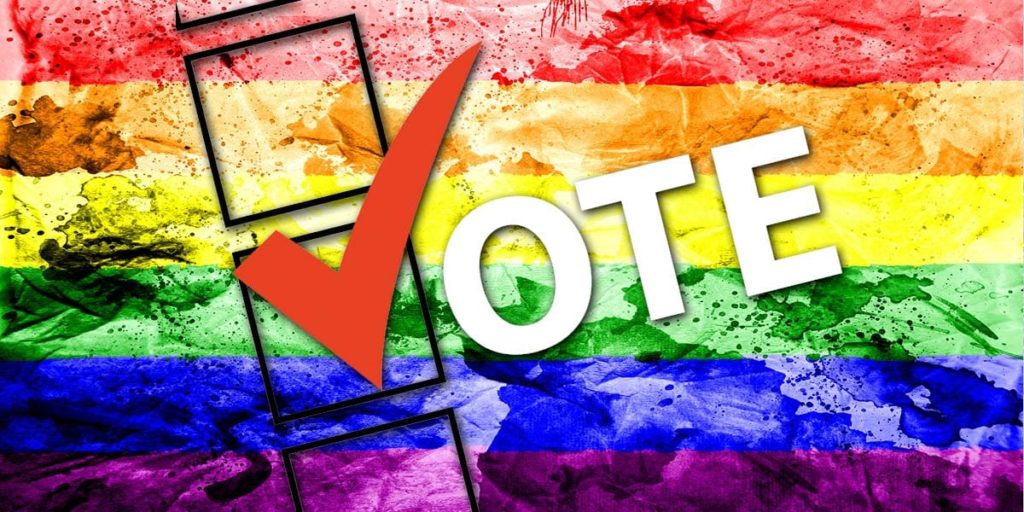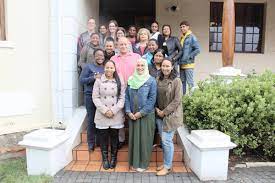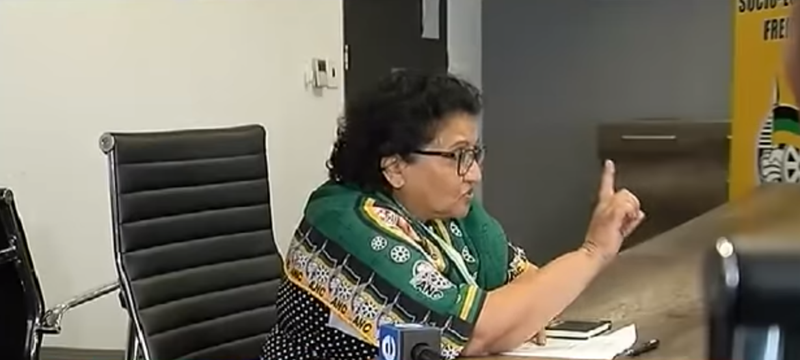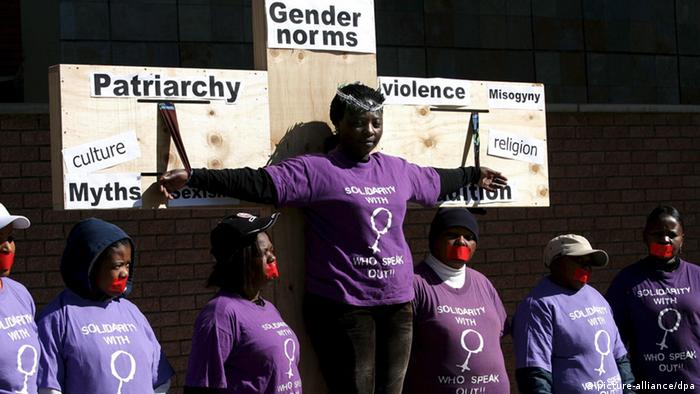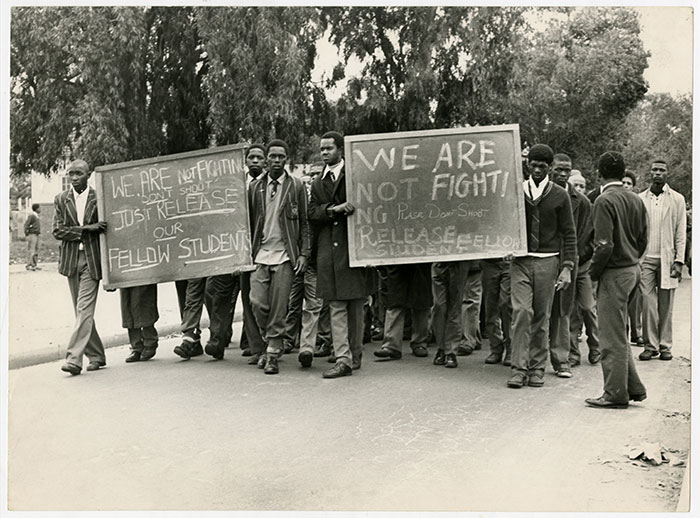
(we) laugh it off
we laugh it off
democratically
(even though
there was none
back there in 1976)
we laugh it off
myself and a folkie
a work colleague into
Dylan Baez and Jim Croce
June 1976 it was
circa the 16 and 17
a stay-away from work
(my first it was)
a manager fellow it was
(we are being genteel here
as he was harsher labelled)
suggesting we get
a police escort to work
we laugh it off
explaining to him
that they oversaw
apartheid and the like
(in the name of law and order
keeping us safe from the red peril
keeping us safe from the yellow peril
keeping us safe from the swart gevaar)
June 1976
the Soweto uprising
the Soweto student rebellion
(there are those who
called the event a riot)
many exiled in its wake
before and after
Youth does it matter
to you today
what this political holiday
was all about
Will it make tomorrow
any the better if you did
(Photo Credit: South African History Online)


